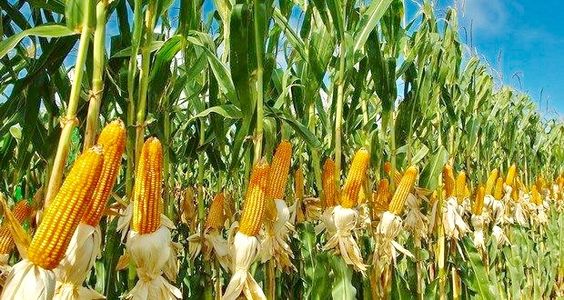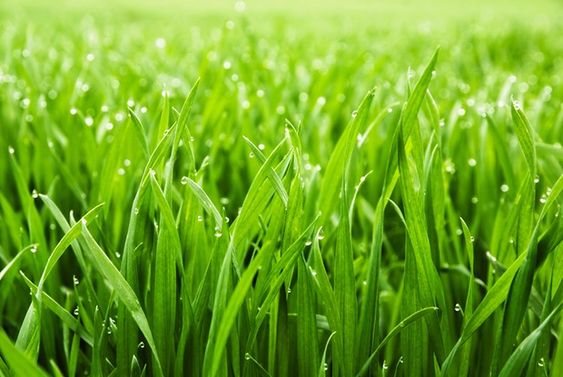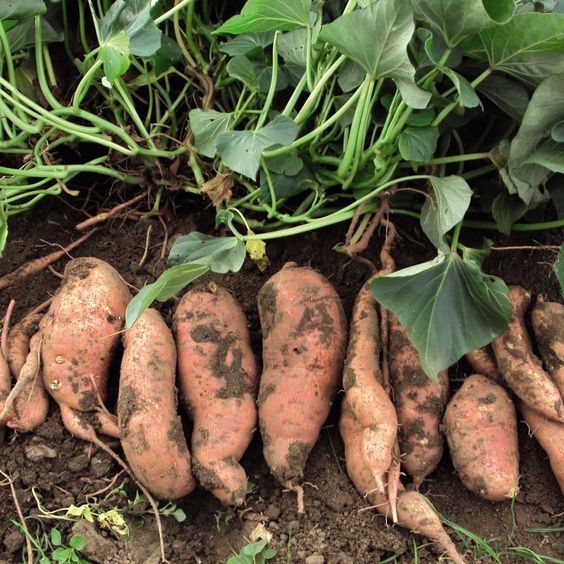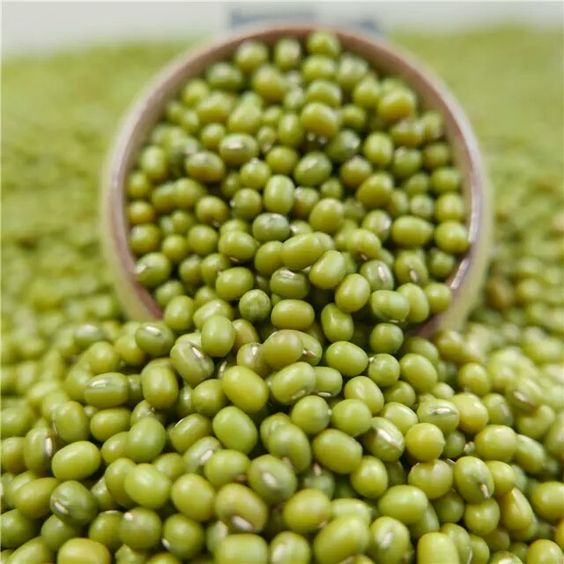Revolutionizing Agriculture: The Role of Corn Processing in Smart Agriculture
Corn Processing,The agricultural sector stands at the cusp of a technological revolution, with Smart Agriculture leading the charge. Smart Agriculture integrates cutting-edge technologies such as the Internet of Things (IoT), Artificial Intelligence (AI), and advanced data analytics to enhance farming efficiency, productivity, and sustainability. One critical aspect of this evolution is corn processing, which plays a pivotal role in maximizing the value derived from one of the world’s most vital crops. This article explores the intersection of corn processing and Smart Agriculture, shedding light on how innovation is transforming this essential sector.
Contents
The Importance of Corn in Agriculture
Corn, or maize, is a cornerstone of global agriculture. It is a versatile crop used for human consumption, animal feed, and as a raw material in various industrial products, including biofuels, sweeteners, and biodegradable plastics. The significance of corn extends beyond its immediate economic value; it is integral to food security and rural livelihoods worldwide.
Smart Agriculture: An Overview
Smart Agriculture, also known as precision agriculture, involves using technology to monitor, manage, and optimize agricultural practices. This approach leverages sensors, drones, GPS technology, data analytics, and AI to gather real-time data on soil conditions, weather patterns, crop health, and pest activity. The goal is to enhance decision-making, reduce waste, increase yield, and minimize the environmental impact of farming.
Corn Processing in the Smart Agriculture Ecosystem
Enhanced Monitoring and Management
Incorporating Smart Agriculture technologies into corn processing begins with enhanced monitoring and management systems. Sensors placed in cornfields collect data on soil moisture, nutrient levels, and plant health. This data is transmitted to centralized systems where it is analyzed to provide actionable insights. Farmers can use these insights to make informed decisions about irrigation, fertilization, and pest control, optimizing the growth and quality of corn.
Precision Harvesting
Smart Agriculture technologies facilitate precision harvesting, ensuring that corn is harvested at the optimal time. Drones equipped with multispectral cameras survey the fields, identifying areas where the corn is ready for harvest. This precision reduces losses due to premature or delayed harvesting and ensures that the corn is processed at its peak quality, enhancing the efficiency of subsequent processing stages.
Efficient Storage Solutions
Post-harvest storage is a critical phase in corn processing. Smart storage solutions incorporate IoT-enabled sensors to monitor temperature, humidity, and other environmental conditions in real-time. These systems help maintain the quality of stored corn, reducing spoilage and losses. Automated climate control systems can adjust storage conditions dynamically, ensuring optimal preservation and extending the shelf life of the produce.
Advanced Processing Techniques
Modern corn processing plants are increasingly adopting Smart Agriculture technologies to enhance efficiency and product quality. Automated sorting systems use AI to distinguish between different grades of corn, ensuring uniform quality. Robotics and automation streamline various stages of processing, from cleaning and milling to packaging. These advancements reduce labor costs, minimize human error, and increase throughput.
Value-Added Products
Smart Agriculture enables the development of value-added products from corn, maximizing its economic potential. Advanced biochemical processes can convert corn into biofuels, bioplastics, and other sustainable products. Precision fermentation techniques allow for the production of high-quality sweeteners and starches. By diversifying the range of products derived from corn, Smart Agriculture enhances profitability and sustainability.
Environmental and Economic Benefits
Reduced Environmental Impact
The integration of Smart Agriculture in corn processing significantly reduces the environmental footprint of farming. Precision irrigation minimizes water usage, while targeted fertilization reduces the runoff of harmful chemicals into waterways. Efficient harvesting and storage practices decrease food waste, and the development of bio-based products contributes to a circular economy. These practices collectively mitigate the environmental impact of corn farming, promoting sustainability.
Economic Advantages
Economically, Smart Agriculture offers numerous benefits. Farmers experience increased yields and reduced input costs due to more efficient resource management. Enhanced product quality opens up new markets and opportunities for premium pricing. The automation of processing plants reduces labor costs and increases production rates, boosting profitability. Furthermore, the ability to produce a diverse array of value-added products from corn enhances economic resilience and opens up new revenue streams.
Challenges and Future Directions
Technological Barriers
Despite its potential, the widespread adoption of Smart Agriculture in corn processing faces several challenges. High initial costs of technology implementation, lack of technical expertise among farmers, and data management issues are significant barriers. Addressing these challenges requires concerted efforts from governments, industry stakeholders, and educational institutions to provide financial support, training programs, and infrastructure development.
Policy and Regulation
Policy and regulatory frameworks also play a crucial role in facilitating the adoption of Smart Agriculture. Governments need to develop policies that encourage investment in agricultural technologies, provide subsidies for smallholder farmers, and ensure fair market access for value-added products. Standardizing regulations around data privacy and management is essential to foster trust and collaboration among stakeholders.
Future Innovations
The future of corn processing in Smart Agriculture holds exciting possibilities. Advances in biotechnology could lead to the development of corn varieties with enhanced nutritional profiles and resilience to climate change. Integration with blockchain technology can ensure transparency and traceability in the supply chain, enhancing food safety and quality assurance. Continued innovation in AI and machine learning will further refine precision agriculture practices, pushing the boundaries of efficiency and sustainability.
Conclusion
Corn processing is a vital component of the agricultural sector, and its transformation through Smart Agriculture promises significant benefits. By leveraging advanced technologies, farmers can enhance the efficiency, quality, and sustainability of corn production and processing. While challenges remain, the potential economic and environmental gains make the pursuit of Smart Agriculture in corn processing a worthwhile endeavor. As the agricultural sector continues to embrace innovation, corn processing stands poised to become a model of efficiency and sustainability in the era of Smart Agriculture.




